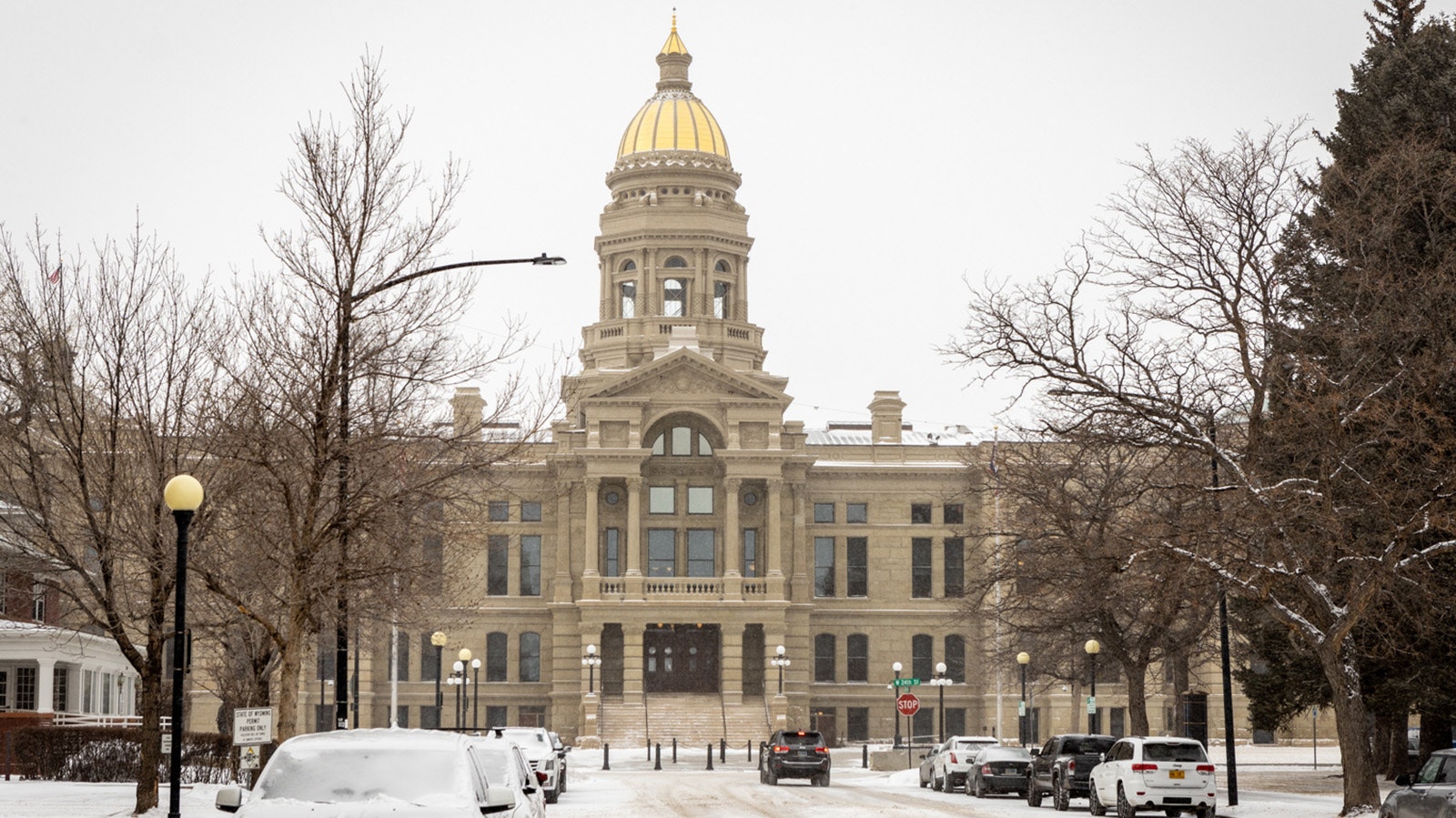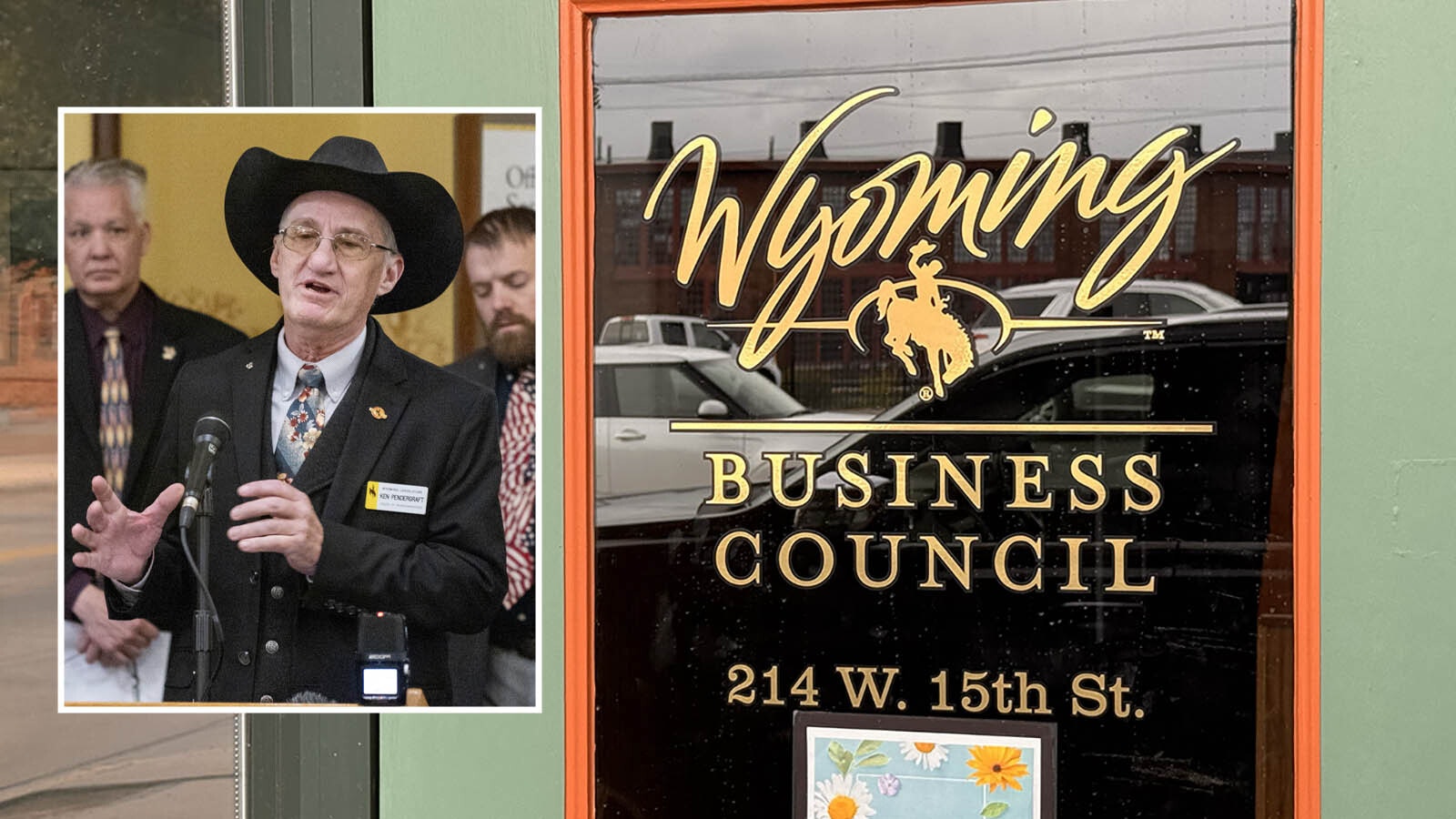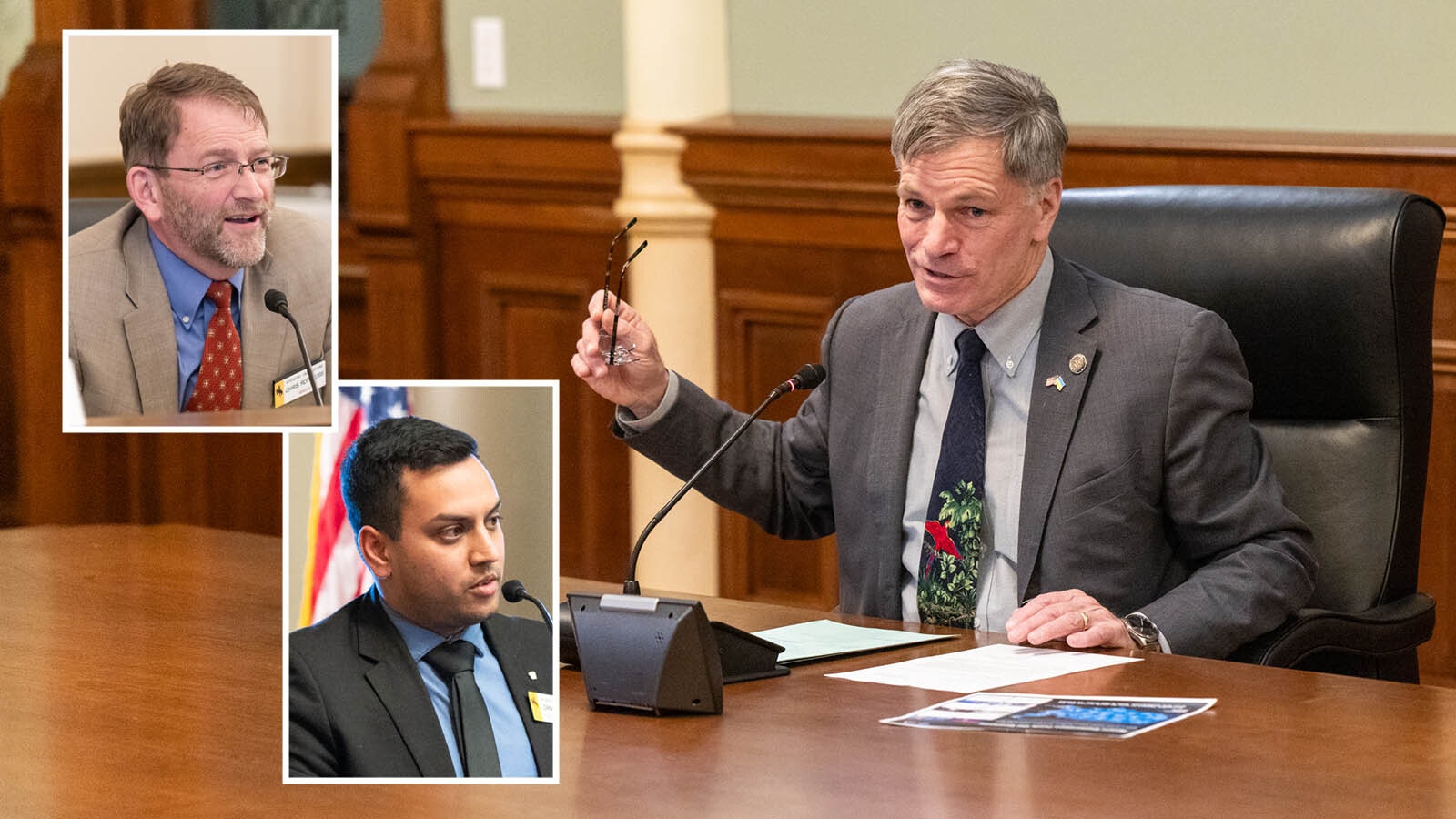Having experienced plenty of rainy days in recent years, Wyoming legislators are saving for when the state’s economy storms again, socking away $1.4 billion into savings in the 2023 supplemental budget, which passed the Legislature on Thursday.
The $1.4 billion in savings accounts for nearly 78% of the overall $1.8 billion supplemental budget, is the state’s largest savings deposit in at least 15 years, and possibly largest in state history.
“I believe this is a record,” said Rep. Clark Stith, R-Rock Springs. “I don’t believe there has ever been a time when more money went into savings.”
The large surplus legislators had to work with was because of much higher than anticipated oil and gas revenues, which came in $730 million over what was estimated.
“This bill is a record-setter for the amount of money we are putting away,” Senate President Ogden Driskill, R-Devils Tower, said in a Thursday press release. “This budget was built with our children, grandchildren and Wyoming’s future generations at the center of our work. Bottom line: this bill means a stronger Wyoming.”
Nearly half of the savings will go into the Permanent Mineral Trust Fund and its reserve account. Also earmarked will be $359 million for the Common School Reserve Account and $367.5 million for the Common School Permanent Land Fund.
The $9 billion PMTF is an interest-generating account at the rate of 5%, of which only interest revenue can be accessed.
The other half of the savings will be accessible and dedicated to K-12 funding.
Spending Some
After savings, the Legislature has approved spending $383 million on other projects.
More than half will go to financing school construction and maintenance.
There also will be about 20 state employees added with the supplemental budget, and all state employees will receive an average 8% pay increase effective in July.
Rep. Bob Nicholas, R-Cheyenne, was entrenched in the budget process from start to finish as chair of the House Appropriations Committee.
He said that for every $1 that is spent, about $3.50 goes into savings in the final version of the supplemental budget.
“This budget bill represents disciplined savings and stewardship alongside a priority on education and investments in Wyoming’s future generations,” Nicholas said.
Still Spending Too Much
The budget passed the House on a 37-25 vote and the Senate 20-10.
While the savings may be a record, the nearly $400 million being spent doesn’t sit well with some.
“While I applaud the Legislature’s effort to be responsible with the people’s money by saving some of the surplus, I am disappointed that we also added a significant amount of money to the 22-23 budget that had already been increased from the reductions of 2021,” said Rep. John Bear, R-Gillette.
Bear said that addition came after Wyoming received $534 million in federal American Rescue Plan Act disbursements, which Bear describes as “funny” money.
“It was printed out of whole cloth leading to massive inflation,” he said.
He also said Wyoming residents are “paying for the state’s largess every day at the grocery store and at the pump.”
A total of $80 million also is reserved for Gov. Mark Gordon to spend toward matching federal energy projects such as hydrogen and carbon capture and sequestration.
What’s Next?
The supplemental budget is now on Gordon’s desk for review.
Stith said he doesn’t expect Gordon to veto much from the bill, but said expenditures dedicated to studies could be on the chopping block.
“He always says, ‘Don’t legislate within the budget,’” Stith said.
The House and Senate will have the ability to override any potential vetoes Gordon may make with a two-thirds vote from both chambers.
Stith said this was the quickest he’s seen the Legislature complete a budget during his six years in the body and at least the last 20 years. He credited 10 extra days of public review and cooperation shown by lawmakers.
“I really have to credit President Driskell and Chairman Bob Nicholas for working together,” Stith said.





